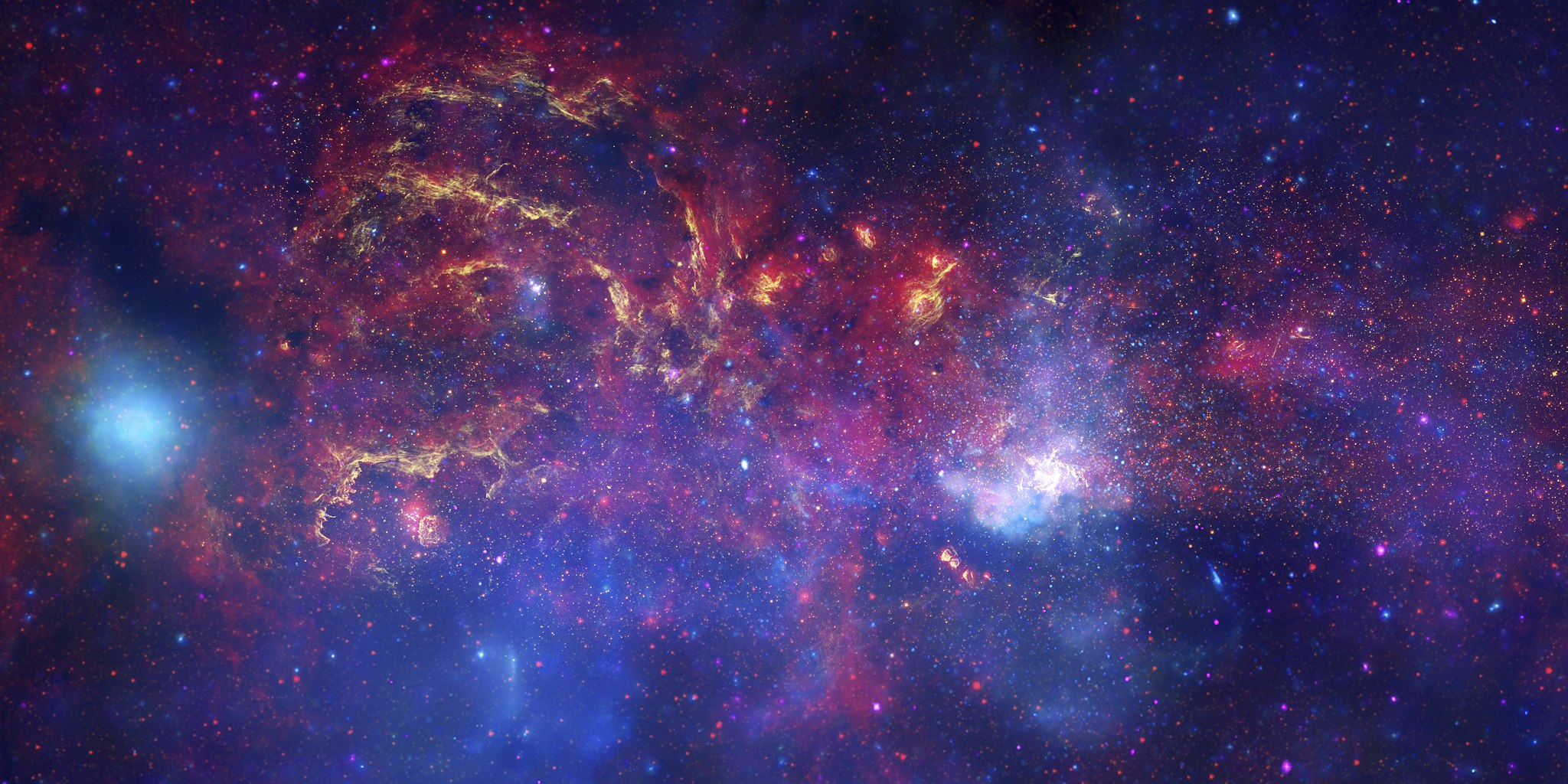Eighteenth Sunday in Ordinary Time
Maryknoll Sister Marvie Misolas
August 4, 2019
Eccl 1:2; 2:21-23/Col 3:1-5, 9-11/Luke 12:13-21
Maryknoll Sister Marvie Misolas, Maryknoll representative to the United Nations in New York, writes this week’s reflection.
I will reflect on three vignettes from the readings: “All things are vanity!”, “Christ is all and in all,” and “one’s life does not consist of possessions.”
In his book, “Jesus, An Historical Approximation,” Spanish theologian and scripture scholar Jose Pagola writes, “For those who seek God’s will, the important thing is not to read laws written on stone tables, but to discover the requirements of love in people’s lives. There are no sacred places in which we can encounter God alone; we cannot worship God in the temple and neglect those who suffer; love of God becomes lie when neighbor is excluded. What goes against love, goes against God.”
In my context of understanding, “neighbor” does not only mean humans. It includes the whole of creation – the Earth and all its inhabitants.
The writer of Luke 11:21 attributed to Jesus explaining “what matters to God.” That life is much bigger than material possessions, “that one’s life does not consist only of possessions,” and that one must “guard against greed.” What matters to God is the primacy of love. The love of God and neighbor is the essence of the law. Love of God comes first; all other things are vanity! For Jesus, seeking God’s will, trusting in the forgiving love, to be in relationship with God, to accept God’s love is primal. Then acknowledging Love of God in us, like a flame, must spread. Love of God in us is consummated into solidarity with those who suffer and those excluded in the reign of God, it is, as Pagola wrote, “precisely in our love of neighbor that we show the truth of our love for God” (p.249). Love of God is manifested in our awe to life itself, in the magnificence of God’s creation, and to our refusal to the evil of greed that destroys life itself—humans and the planet.
The second reading ends with the phrase, “Christ is all and in all” (Col. 3: 11). Saint Paul speaks of the “putting on the new self in Christ,” “who is being renewed in the knowledge of the image of creator.” These words signify Saint Paul’s understanding of a new paradigm, a shift in the current understanding of one’s relationship in the light of one’s relationship with Jesus the Christ. If Christ is the arrow of creation, being one with Christ means evolving into being like Christ. Theologian Ursula King wrote about Teilhard de Chardin’s “Soul of the World” which refers to Jesus Christ as “universal Christ” whom he understands to be the “organic center of the universe,” of all physical and spiritual growth, of evolution. Theologian Beatrice Bruteau explains “God is making the world by means of evolution. God is self-expressing and self-realizing in evolution. The creativity that makes the world is built into the world as its own essence. And in this self-creating world there is gradually growing the most Godlike capacity, consciousness. And with humans, consciousness is aware of the fact that it is conscious.” Hence, Christ is all and in all.
The Gospel reminds us of praxis of the consciousness that we are a new being in Christ, that talents and wealth are important but not the essence of our humanity, “to take care to guard against all greed.” Physical wealth and richness is a sign of positive development but it must be for the service of those who are still suffering and those who are excluded, those left furthest behind in the development. Unfortunately, national and corporate greed has created “development apartheid” in our world which is destroying people’s lives, nature itself and the life-support systems in the planet. The Earth’s sixth mass extinction is well along the way leaving uncertain pathways of existence for the next generations. We must practice our cosmic consciousness, our Christ consciousness: We must refuse and resist all greed.
Image: Center of the Milky Way Galaxy by NASA and available in the public domain.

